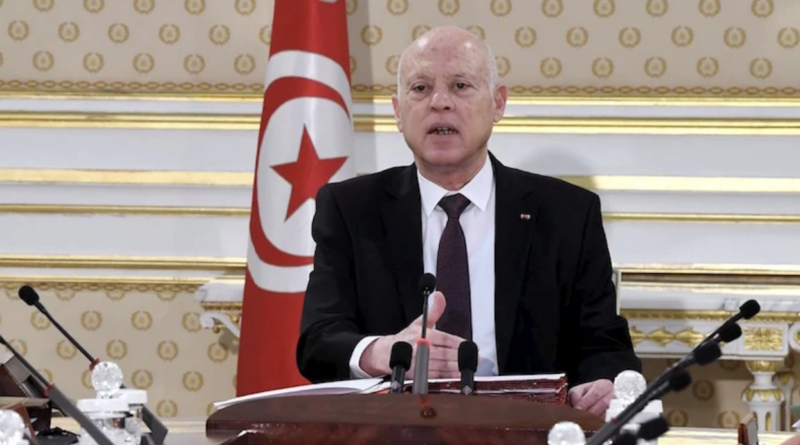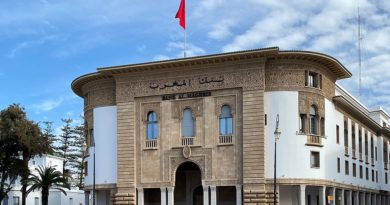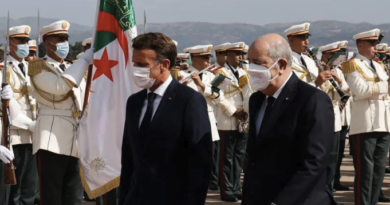Tunisia may tax the rich to avoid the IMF bailout
Tunisian President Kais Saied has put forward a proposal to introduce additional taxes targeted at the wealthiest individuals in order to avoid taking a loan from the International Monetary Fund (IMF), which he rejects due to what he perceives as its imposing conditions.
President Saied expressed during a meeting with Prime Minister Najla Bouden that the current subsidy system for essential products benefits all Tunisians, including the wealthiest citizens, according to a statement from the presidency.
Tunisia, with a debt equivalent to approximately 80% of its GDP, had secured a preliminary agreement with the IMF in mid-October for a new loan of nearly $2 billion to help address its severe financial crisis. However, discussions have reached an impasse due to the country’s lack of firm commitment to implementing a reform program aimed at restructuring its heavily indebted public companies, as well as lifting subsidies on certain essential products.
In response to this situation, he considered the idea of “redistributing surplus wealth from the rich to the poor” to be relevant, citing Omar Ibn Al-Khattab, one of the early Islamic caliphs. Rather than lifting subsidies in the name of rationalization, President Saied suggested the possibility of implementing additional taxes for those who benefit from the subsidies without actually needing them.
The economic and financial crisis has resulted in chronic shortages of basic food items, exacerbating the political tensions that have persisted since President Saied assumed full power in July 2021, shaking the democracy established after the initial Arab Spring uprising in 2011.



